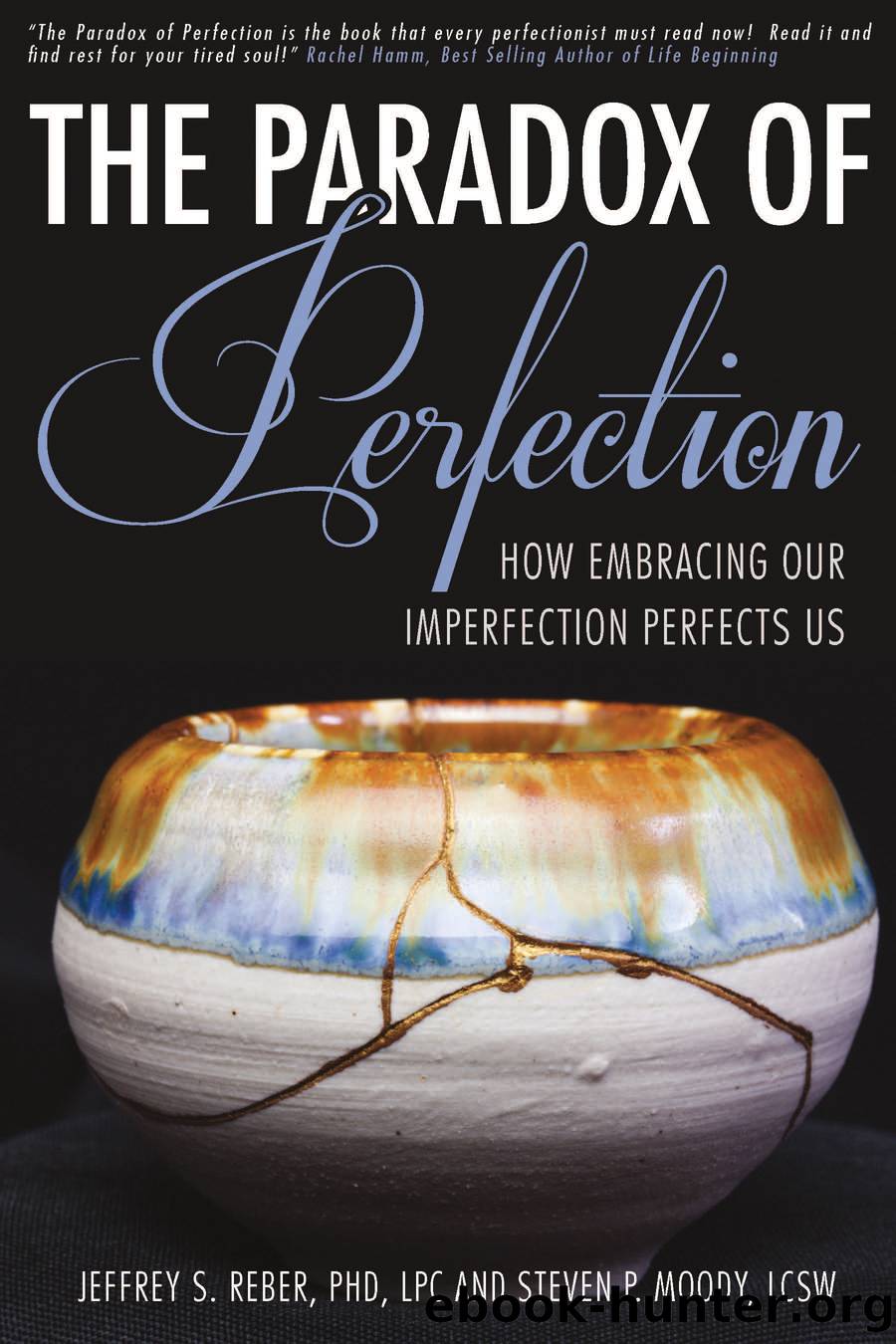The Paradox of Perfection by Jeffrey S. Reber

Author:Jeffrey S. Reber
Language: eng
Format: epub
Publisher: CrossLink Publishing
Published: 2019-01-10T00:00:00+00:00
* * *
1 Kathy Collard Miller, author of Why Do I Put So Much Pressure on Myself and Others? www.kathycollardmiller.com.
Chapter 5: Parental Perfection
To consign children to the pursuit of perfection is to trap them in an illusion.
âHara Estroff Marano
The language of perfectionism is perhaps no more pervasively spoken than it is in our homes with our children. Maybe it is because our children share our genes, so we identify their successes and failures with our own. Perhaps it is because parents play such a formative role in their childrenâs development that we feel personally culpable for their thoughts, feelings, and actions. Whatever the reason, many parentsâ self-esteem is tied up with the achievements, shortcomings, and reputations of their children, and they will work tirelessly to identify and remove their childrenâs flaws and faults so they can feel better about themselves (Reber & Moody, 2013). Given this tendency, we would suggest that if perfectionism is not the very first language many children hear and learn in their homes, it is pretty darn close.
The Pursuit of Perfect Children
Even before a child is born, many parents hope for a baby without blemish, a baby who is even-tempered, and a baby who is cute and cuddly. And some parents, if they are being honest, evaluate those things from the moment they see their baby for the first time. Of course, nowadays it is possible to increase the probability of having an unblemished, cute, and cuddly baby. A woman can choose a mate or a sperm donor according to his IQ scores, athletic prowess, physical attractiveness, musical and artistic talent, or educational degree and career success.
Beyond that, science and technology have taken what used to be the stuff of science fiction and turned it into a bona-fide business. Now parents can select their offspringâs biological sex as well as their eye color, and perhaps within as little as five to ten years, they will likely be able to choose their childâs approximate adult height and weight. For the last thirty years, the Chinese government has supported the largest eugenics program in the world. Currently, China is working on a massive project designed to identify the gene alleles correlated with high intelligence, for the purpose of allowing parents to select potential offspring who are most likely to have the highest IQs.
We canât help but be reminded of the now clearly prescient 1992 movie Gattaca, which depicts a not-so-futuristic society in which genetic engineering has become the norm. We are particularly struck by the relevance of the scene where two parents sit with their local geneticist and view two male and two female embryos made from the fatherâs sperm and the motherâs eggs on a computer screen, from which they will choose the one they want. The geneticist tells them that he has taken âthe liberty of eradicating any prejudicial conditions: premature baldness, myopia, alcoholism and addictive susceptibilities, propensity for violence, obesityâ¦â The wife and husband look at each other with concern and interrupt the doctor, stating, âWe didnât want.
Download
This site does not store any files on its server. We only index and link to content provided by other sites. Please contact the content providers to delete copyright contents if any and email us, we'll remove relevant links or contents immediately.
Machine Learning at Scale with H2O by Gregory Keys | David Whiting(4292)
Never by Ken Follett(3937)
Fairy Tale by Stephen King(3370)
Reminders of Him: A Novel by Colleen Hoover(3091)
The Man Who Died Twice by Richard Osman(3072)
Will by Will Smith(2907)
Rationality by Steven Pinker(2352)
It Starts With Us (It Ends with Us #2) by Colleen Hoover(2339)
Can't Hurt Me: Master Your Mind and Defy the Odds - Clean Edition by David Goggins(2323)
Friends, Lovers, and the Big Terrible Thing by Matthew Perry(2219)
The Becoming by Nora Roberts(2188)
The Stranger in the Lifeboat by Mitch Albom(2113)
Love on the Brain by Ali Hazelwood(2059)
New Morning Mercies: A Daily Gospel Devotional by Paul David Tripp(1915)
A Short History of War by Jeremy Black(1842)
The Strength In Our Scars by Bianca Sparacino(1840)
HBR's 10 Must Reads 2022 by Harvard Business Review(1839)
A Game of Thrones (The Illustrated Edition) by George R. R. Martin(1719)
Never Finished: Unshackle Your Mind and Win the War Within by David Goggins(1703)
